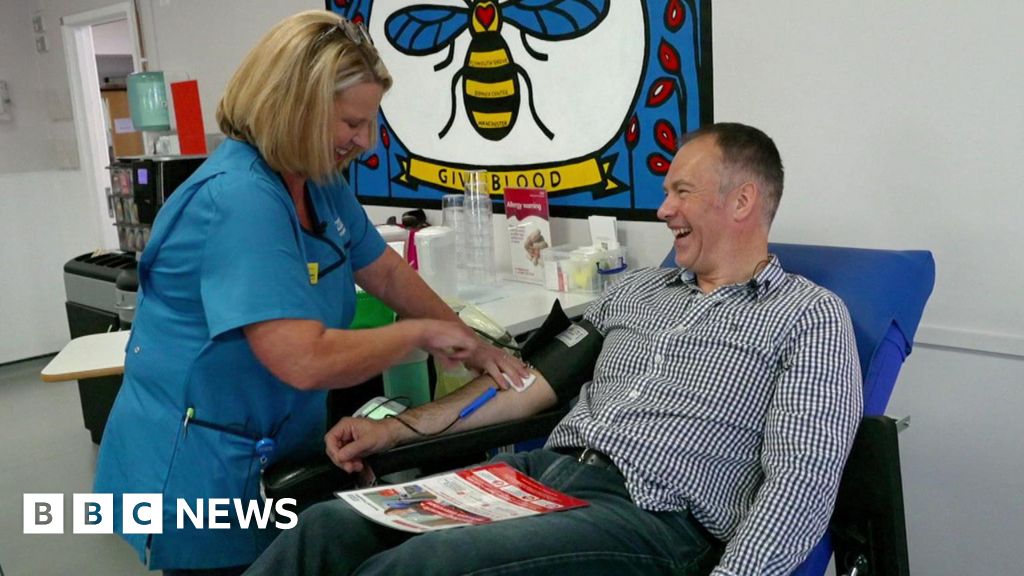Pharmacy leaders are demanding urgent action to address significant delays in dispensing medication, often caused by widespread shortages.
Under current regulations, pharmacists cannot modify prescriptions, even when stock issues arise.
This restrictive framework means pharmacists cannot offer practical alternatives, such as substituting tablets for capsules, or providing two 10mg doses instead of a single 20mg tablet.
Consequently, patients are frequently forced to visit multiple pharmacies or return to their GP for a new prescription to secure available medication.
The National Pharmacy Association (NPA) has highlighted that these limitations can leave individuals waiting weeks for essential medicines.
The organisation attributes the problem to outdated legislation, which it says prevents pharmacists from supplying suitable alternatives.
The National Pharmacy Association is calling on the Government to change the laws, which have been in place since 1968, to allow pharmacists to make substitutions where a medicine is not in stock, but a safe alternative is.

In August, the Government pledges to consult on enabling community pharmacists to have the flexibility to supply an alternative strength, or quantity, against a prescription written by another prescriber.
The NPA said that the current situation is posing a risk to patient safety, as patients with serious health issues are facing unnecessary delays for vital medicines.
In some cases, patients have been forced to wait up to three weeks, it added.
A poll conducted by the NPA on 400 pharmacists found that 97 per cent said their patients had been forced to wait at least a day when the pharmacist had to request a new prescription from the prescriber – in the community this will usually be a GP or a practice nurse.
And 95 per cent reported that some patients went without medication when being referred back to their prescriber, despite a pharmacy having a safe alternative in stock that they were prevented from dispensing.
One pharmacist reported their patients waiting more than a week for a medication for bipolar and schizophrenia.

Another described how an eight-year-old with a water infection was forced to visit A&E due to a certain formulation of antibiotic being out of stock, despite the pharmacist having a different formulation available.
Olivier Picard, chairman of the National Pharmacy Association, said: “Pharmacists are highly trained medicines experts who already advise GPs on clinically suitable alternative medicines that is available in their pharmacy.
“The current status quo is not only frustrating for patients, it is also dangerous.
“It is madness to send someone back to their GP to get a prescription changed when a safe alternative is in stock.
“It risks a patient either delaying taking vital medication or forgoing it altogether, which poses a clear risk to patient safety.
“A lot has changed in 60 years. Medicine shortages are now becoming common place and pharmacists are delivering more clinical care than ever before.
“We urgently need amended legislation, allowing pharmacists the flexibility to make safe prescription substitutions, where appropriate, when a medicine is unavailable.”
The Department of Health and Social Care has been approached for comment.




